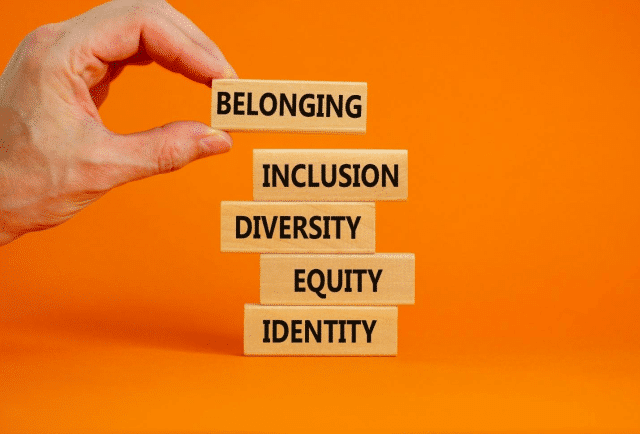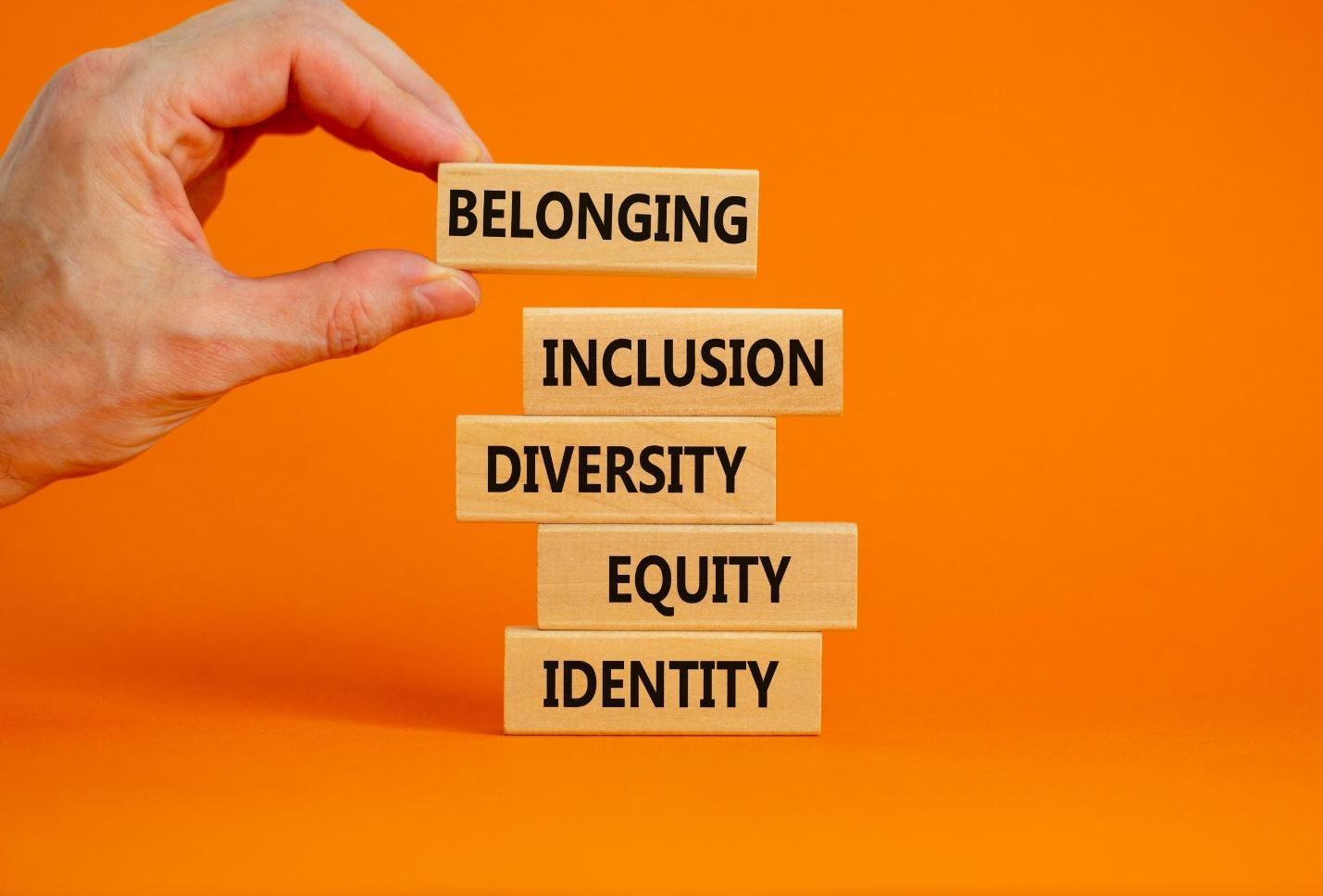Three HR Keywords of 2021: Diversity, Equality, Inclusion

July 4, 2021
The strategy of "pinking" human resources - increasing the recruitment of female workers, or the policy of "universalizing" social networks to bridge the gap between Gen X employees and Genes Y, Z are some examples that apply DEI to the workplace. DEI, which stands for Diversity, Equity, and Inclusion, are predicted to be one of the 5 most focused HR trends in 2021 by HRForcast.


The DEI “tripod” model brings practical benefits to businesses.
DEI is not a new concept. However, only when the Black Lives Matter movement emerged strongly that the society seriously looked back and took time to think about this concept. Not being out of the trend, HR leaders must seriously consider the value of DEI. According to ADP, the number of searches for information relating to the topic of HR diversity in 2020 has increased by 74% compared to the previous year. This figure indicates that the year 2021 is predicted to observe strong development of DEI strategies.
To develop sustainably in the current context, businesses need not only to look for talents who can be “wholeheartedly devoted”, but also have a strategy for them to “peacefully coexist” regardless differences in generations, cultures or working style, etc.
In the 3 pillars of DEI, “D” – diversity, means a concept that not only is encapsulated in culture, ethnicity, background but also extends to mindset, education level, interests. Evidence shows that having a diverse workforce brings numerous benefits to businesses. According to McKinsey, companies with leaders coming from multiple cultures can experience up to 43% rise in profits. In addition, Forbes also states that companies with “multi-color” employees have a lower turnover rate by 20% than “monochromatic” companies.
Sodexo, a world-famous welfare development service company, has succeeded in diversifying the “color palette” of human resources with the strategy of “pinking” the workforce. As a result, when female members accounted for 58% of the board of directors, the company observed an increase of 23% in annual profits.
To diversify, the human resources department can kick off the recruitment by expanding the list of criteria for candidates selection, besides qualifications and professional experience. For example, an Asian-dominated company may look for European, American, Australian, or African to gain new perspectives.
On the other hand, it is not a bad idea for HR in a “state administrative” company to consider looking for talents with a modern working style. Conducting personality tests for all employees to find missing factors is also a popular option for businesses around the world. Notably, be careful with the thought of “finding cultural-fit candidates” because it is the culprit causing the “monochromatic culture” in most businesses.
Factor “E” – Equality seems to be quite familiar to human resource managers, however, it is not easy to create an environment with equality in reality. In this area, Mastercard deserves to be the top role model for bringing “E” from the theory to practice through a program called “Social Media Reverse Mentoring” – the training program using social networks. Although Mastercard’s initiative appears to be minor, it becomes the opportunities for old employees to actively participate in social networks, and shorten the gap with young employees.
The case of Mastercard implies that equality is clearly demonstrated by not letting age become an “obstacle” preventing employees from learning and advancing. Therefore, employees will experience commensurate and equal pay according to their ability
Belonging is a key component of inclusion. When employees are truly included, they perceive that the organization cares for them as individuals, their authentic selves. HR can help make that happen. That’s good for employees – and ultimately improves business performance.

The letter “I” reminds employees to integrate and dedicate themselves to the businesses.
The study “Improving workplace culture through diversity, equity and inclusion” conducted by the University of Wharton (USA) listed the most common factors contributing to the formation of inclusion in the workplace. This research indicated that the active participation of the manager, the “psychology” in human resource policy, and mentoring or support programs were three factors to form the inclusion in the working environment.
Maersk, a shipping company with more than 70,000 employees with a “male-first” credo, promoted inclusion by using an online game to “train” human resource managers to eliminate the prejudice of “regarding men as superior to women”. Players will be led through the recruitment process with embedded sexist details, for example, a recruitment advertisement with discriminatory language toward women. In the game, “virtual recruiters” gradually learn how to identify and eliminate gender bias right from the selection stage.
In summary, not only is DEI a hot headline HR trend, but it also can bring tangible and intangible values for businesses. As a result, Vietnamese HR managers should be proactive to implement a suitable strategy with the application of DEI to strengthen “internal forces” and then to readily cope with an economy in the “death” stage after the Covid-19 waves.


